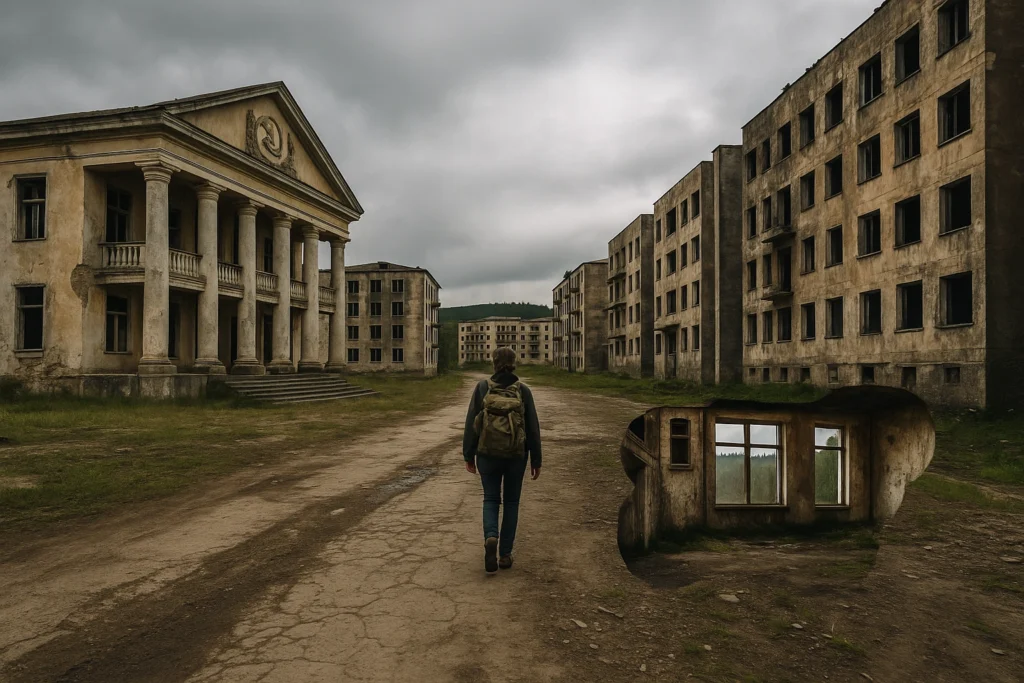A quiet revolution is taking place in the travel habits of younger generations. Instead of opting for all-inclusive resorts and meticulously planned package holidays, Gen Z and Millennials are increasingly turning toward raw, immersive experiences. The motto: experience over comfort.
From camping under the stars in remote Icelandic landscapes to off-grid vanlife adventures through the winding passes of Georgia and Albania, the trend is clear—today’s travelers are seeking meaning, challenge, and authenticity.
The Rise of the Experience-Seeker
According to recent travel data, more than 63% of Millennial and Gen Z travelers say they prefer travel that offers personal growth or emotional fulfillment over luxury or relaxation. Rather than being waited on in 5-star hotels, they’d rather hike mountain ridges, explore abandoned places, or sleep in a converted camper van on a secluded beach.
Fueling this shift is a combination of factors: social media’s glorification of unique travel experiences, increasing environmental awareness, and a desire to break from the scripted tourism model. Platforms like TikTok and Instagram have played a pivotal role, inspiring young people with breathtaking footage of lesser-known destinations—especially places that feel untouched, raw, and real.
Why Georgia, Albania, and Iceland?
Three countries have quietly emerged as hotbeds for adventure-driven tourism.
- Georgia offers a stunning combination of rugged Caucasus mountains, ancient hilltop monasteries, and famously hospitable locals. Its relative affordability and visa-free entry for many nationalities make it ideal for extended road trips and trekking adventures. In 2024, the country saw a 19% increase in backpacker and overland tourism.
- Albania, once Europe’s best-kept secret, is now attracting digital nomads and budget adventurers. The Albanian Riviera, with its pristine beaches and mountain-backed villages, offers vanlifers wild camping spots right on the coast. Its capital Tirana, meanwhile, has become a creative hub full of co-working spaces and art collectives.
- Iceland remains a favorite for its surreal landscapes: lava fields, waterfalls, glaciers, and black sand beaches. Although more expensive, its infrastructure for road trips—especially the famed Ring Road—makes it perfect for a self-driven experience. The country recorded a 12% rise in camper van rentals in the first half of 2025.
Vanlife, Camping, and the Thrill of the Unknown
The growth of vanlife culture is central to this shift. Social media communities celebrating converted vans, minimalist living, and scenic overnight spots have encouraged thousands to trade hotel beds for mobile independence. In Europe alone, registrations for campervans among people under 35 rose by 22% from 2023 to 2025.

Meanwhile, wild camping and “lost place” exploration—visiting abandoned towns, Soviet-era ruins, or forgotten fortresses—have gained a cult-like following. These forms of travel are often cheaper, less restrictive, and rich with storytelling potential.
Challenges and the Path Forward
Yet this trend is not without its pitfalls. Infrastructure in emerging destinations can lag behind, and environmental concerns are rising about unregulated wild camping. Authorities in Iceland and Albania have started implementing stricter rules to balance tourism with conservation.
Still, the trajectory is clear. Travel is no longer just about escape. For a growing number of young adventurers, it’s about confronting the unknown, connecting with culture, and choosing discomfort over predictability.
As the summer of 2025 unfolds, one thing is certain: the open road has never been more inviting.





